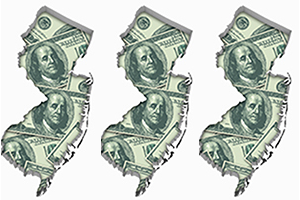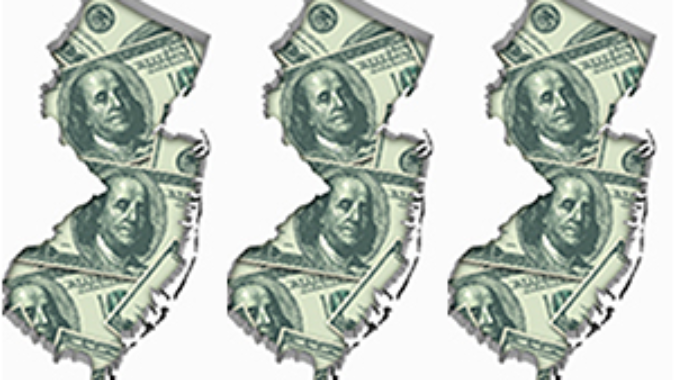 Now that the budget season is drawing to a close, NJBIA is encouraging lawmakers to focus on New Jersey’s bigger fiscal problems and start taking steps to put the state on a more sound financial footing.
Now that the budget season is drawing to a close, NJBIA is encouraging lawmakers to focus on New Jersey’s bigger fiscal problems and start taking steps to put the state on a more sound financial footing.
Gov. Phil Murphy said Thursday that he would sign some version of the budget the Legislature sent him last week, even though it does not include a millionaires tax and other tax increases he wanted. He can still veto specific line items while signing the budget and avoid a government shutdown.
But that does not put an end to New Jersey’s fiscal problems.
In an op-ed that ran Thursday on the Asbury Park Press website, NJBIA President and CEO Michele Siekerka made the point that New Jersey is taxed out. The big increase in New Jersey’s revenues this year can be attributed to higher taxes on corporations enacted last year. Even so, the governor says he wants even higher taxes by extending New Jersey’s current top gross income tax rate of 10.75% — the third-highest rate in the nation — to all income over $1 million a year as a matter of “tax fairness.”
Siekerka writes:
“Proponents of the millionaires tax make assumptions that our wealthiest residents ‘will be just fine’ and cite the growth of millionaires in New Jersey. What they don’t mention or understand is that while the number of New Jersey business owners filing tax returns showing income of $1 million or more has increased between 2000 and 2015, New Jersey has grown at a slower rate in this category than three regional competitors — including Pennsylvania and New York.
“The bigger overall question for New Jersey is this: If we add more taxes during an economic upswing, who will be taxed next during the eventual economic downturn? Even Moody’s S&P Global Ratings recently reported that New Jersey continues to rely on volatile taxes, such as the income tax, which fluctuate with the economy and puts revenues at risk.”
Read more.

